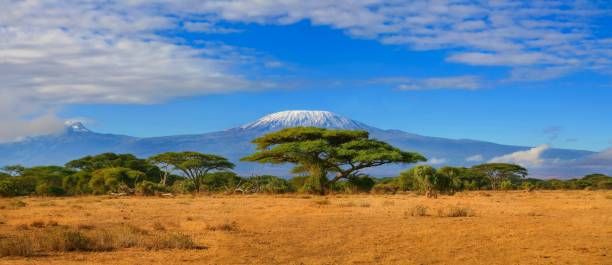Investing in real estate is a great idea and something that families and friends always encourage each other to invest in. Because of the volatility of most African currencies people view land as a foolproof investment that can be passed down from generation to generation without losing value. However, navigating the process of buying land can be difficult because of unclear regulations, cultural nuances, and legal frameworks across different countries. In this guide, we’ll look at essential steps and considerations to help you successfully purchase land in Africa.
Research and Planning
- Know why you want to buy land: Before getting into the market, be clear about your objectives. Are you buying land for residential, commercial, or agricultural purposes? This will help your search and help you focus on suitable locations.
- Choose a Country: Africa comprises 54 diverse countries, each with its own regulations and market conditions. Research political stability, economic growth, property laws, and potential returns on investment in different regions to narrow down your options.
- Local Regulations: Understanding local laws and regulations regarding land ownership is crucial. Some countries restrict land ownership to citizens or have specific rules for foreigners. Consult with local lawyers or real estate experts to ensure compliance and avoid legal pitfalls.
Finding the Right Property
- Engage Local Experts: Real estate agents, lawyers specializing in property law, and reputable developers can provide invaluable insights and guidance. They can help you navigate local markets, identify trustworthy sellers, and negotiate prices.
- Due Diligence: Conduct thorough due diligence on any property you consider. This includes verifying ownership, checking for claims on the land or disputes, conforming land use rights (especially in rural areas), and assessing the property’s suitability for your intended use.
- Infrastructure and Amenities: Consider the availability of essential infrastructure such as roads, utilities (water, electricity), and proximity to amenities like schools, hospitals, and markets. These factors can affect the property’s value and utility.
Legal and Financial Considerations
- Title Deeds and Ownership: Ensure the property has clear and legal title deeds. Verify that the seller has the right to sell the land and that there are no outstanding legal issues. The process of transferring ownership should be documented and legally binding.
- Taxes and Fees: Familiarize yourself with local taxes, fees, and transaction costs associated with buying land. These may include stamp duty, registration fees, legal fees, and potential capital gains taxes upon resale.
- Secure Financing: If you require financing, explore options available in the country of purchase. Local banks or international lenders may offer mortgage or loan products, but terms and eligibility criteria can vary significantly.
Cultural and Environmental Factors
- Respect Local Culture: In many African countries, community and customary land ownership practices coexist with formal legal systems. Respect local customs and seek guidance on navigating cultural sensitivities during negotiations and transactions.
- Environmental Impact: Particularly if purchasing land for agricultural or development purposes, assess environmental factors such as soil quality, water access, and potential ecological impacts. Compliance with environmental regulations is essential.
Finalizing the Purchase
- Negotiation and Agreement: Once you’ve identified the right property, negotiate the price and terms of sale. Ensure all agreements are documented in writing, specifying conditions, timelines, and responsibilities of both parties.
- Legal Assistance: Engage legal professionals to oversee the transaction, review contracts, and facilitate the transfer of ownership. This ensures that all legal requirements are met and protects your interests throughout the process.
- Registration and Documentation: After completing the purchase, register the transfer of ownership with relevant authorities and obtain updated title deeds in your name. Keep copies of all documentation safe for future reference.
Conclusion
Buying land in Africa can be a fulfilling investment opportunity, provided you approach it with thorough research, local expertise, and adherence to legal procedures. Each country offers unique advantages and challenges, so take the time to understand the market dynamics and regulatory landscape before making a decision. By following these steps and seeking professional guidance, you can navigate the complexities of purchasing land in Africa confidently and responsibly. Happy land hunting!
Disclaimer: This guide provides general information and should not substitute for professional legal or financial advice tailored to your specific circumstances. Always consult with local experts before making significant investments.


